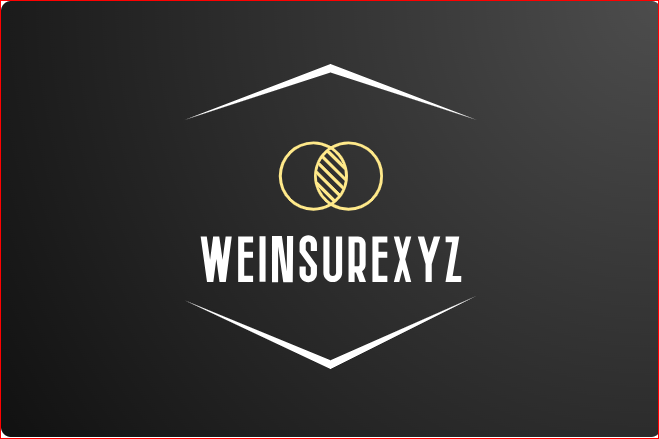As Car Insurance Costs Surge: Understanding the Impact of Your Credit Score
Introduction
In recent years, many drivers have experienced a noticeable surge in their car insurance costs, leaving them wondering about the factors contributing to this increase. Surprisingly, one element that may be partly to blame is your credit score. In this article, we’ll delve into the connection between car insurance premiums and credit scores, helping you understand why this seemingly unrelated factor could be affecting your pocketbook.
1. Credit Scores as a Rating Factor
Traditionally, car insurance companies have relied on a variety of factors to determine insurance premiums. These include your driving history, age, location, and the type of car you drive. However, in recent years, credit scores have become an increasingly significant factor.
2. Credit-Based Insurance Score vs. Traditional Credit Score
It’s essential to clarify that insurers use a credit-based insurance score, which is slightly different from the credit score you might be familiar with. This specialized score takes into account elements of your credit history, such as payment history, outstanding debts, and the length of your credit history. Insurers argue that this score provides valuable insights into a policyholder’s likelihood of filing a claim.
Why Do Insurers Consider Credit Scores?
1. Statistical Correlation
Insurers claim that there is a statistical correlation between credit scores and insurance claims. According to industry data, individuals with lower credit scores tend to file more claims, leading insurers to perceive them as higher-risk policyholders. While critics argue that this correlation does not imply causation, the practice of using credit scores in insurance continues.
2. Risk Assessment and Pricing
Insurers use credit scores as part of their risk assessment process. By evaluating an individual’s credit history, they believe they can better predict the likelihood of that person making a claim. Consequently, those with lower credit scores may face higher premiums as insurance companies seek to mitigate potential losses.
The Impact on Your Wallet
1. Higher Premiums for Lower Credit Scores
If your credit score has taken a hit, you might notice a direct impact on your car insurance premiums. Insurers often assign higher rates to individuals with lower credit-based insurance scores, even if they have a clean driving record.
2. Limited Options for Low Credit Individuals
Unfortunately, the influence of credit scores doesn’t stop at pricing. Individuals with lower credit scores may find it challenging to secure coverage from certain insurers or may have a limited selection of policies to choose from.
Navigating the Challenges
1. Understanding Your Credit-Based Insurance Score
To navigate the complexities of insurance pricing, start by understanding your credit-based insurance score. Request a copy of your credit report and review it for any inaccuracies. Disputing errors can help improve your score and, subsequently, your insurance premiums.
2. Improving Your Credit Score
If your credit score is less than stellar, consider taking steps to improve it. Paying bills on time, reducing outstanding debts, and avoiding unnecessary credit inquiries can positively impact your credit-based insurance score over time.
3. Shopping Around for Better Rates
Don’t settle for the first insurance quote you receive. Shop around and compare quotes from different insurers. Some companies may weigh credit scores less heavily than others, providing an opportunity to find a more affordable policy.
Conclusion
As car insurance costs continue to rise, understanding the role your credit score plays in determining premiums is crucial. While the connection may seem unexpected, being proactive about your credit and exploring insurance options can help you mitigate the impact on your wallet. By staying informed and taking steps to improve your credit-based insurance score, you can navigate the complex world of insurance pricing with confidence.












